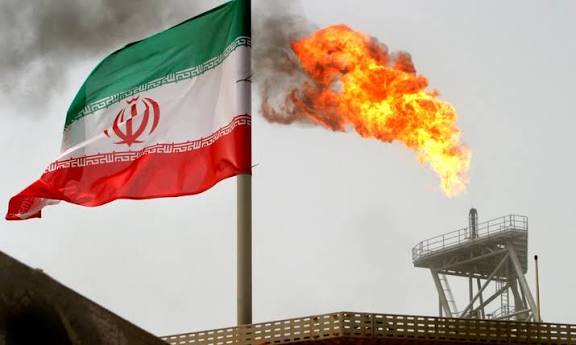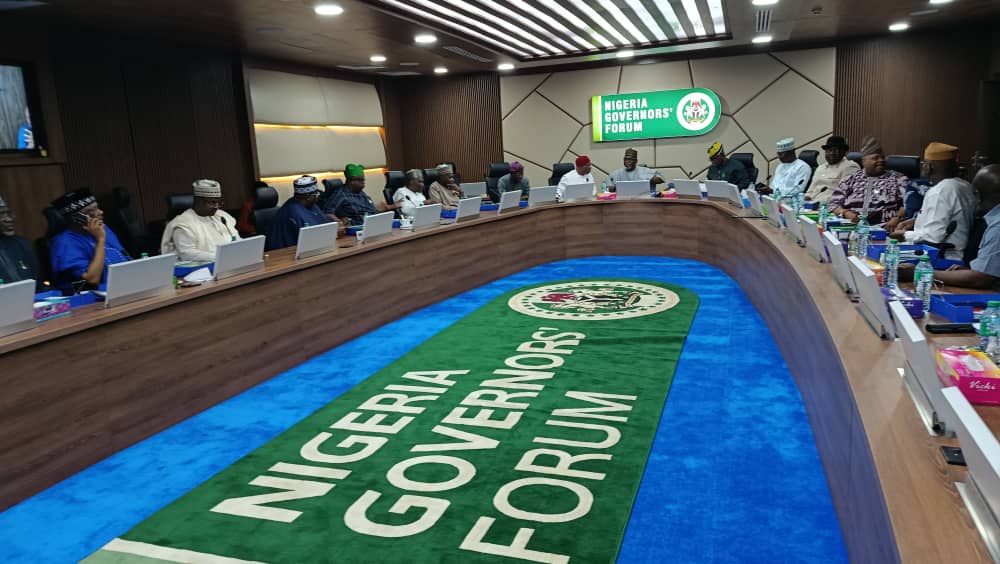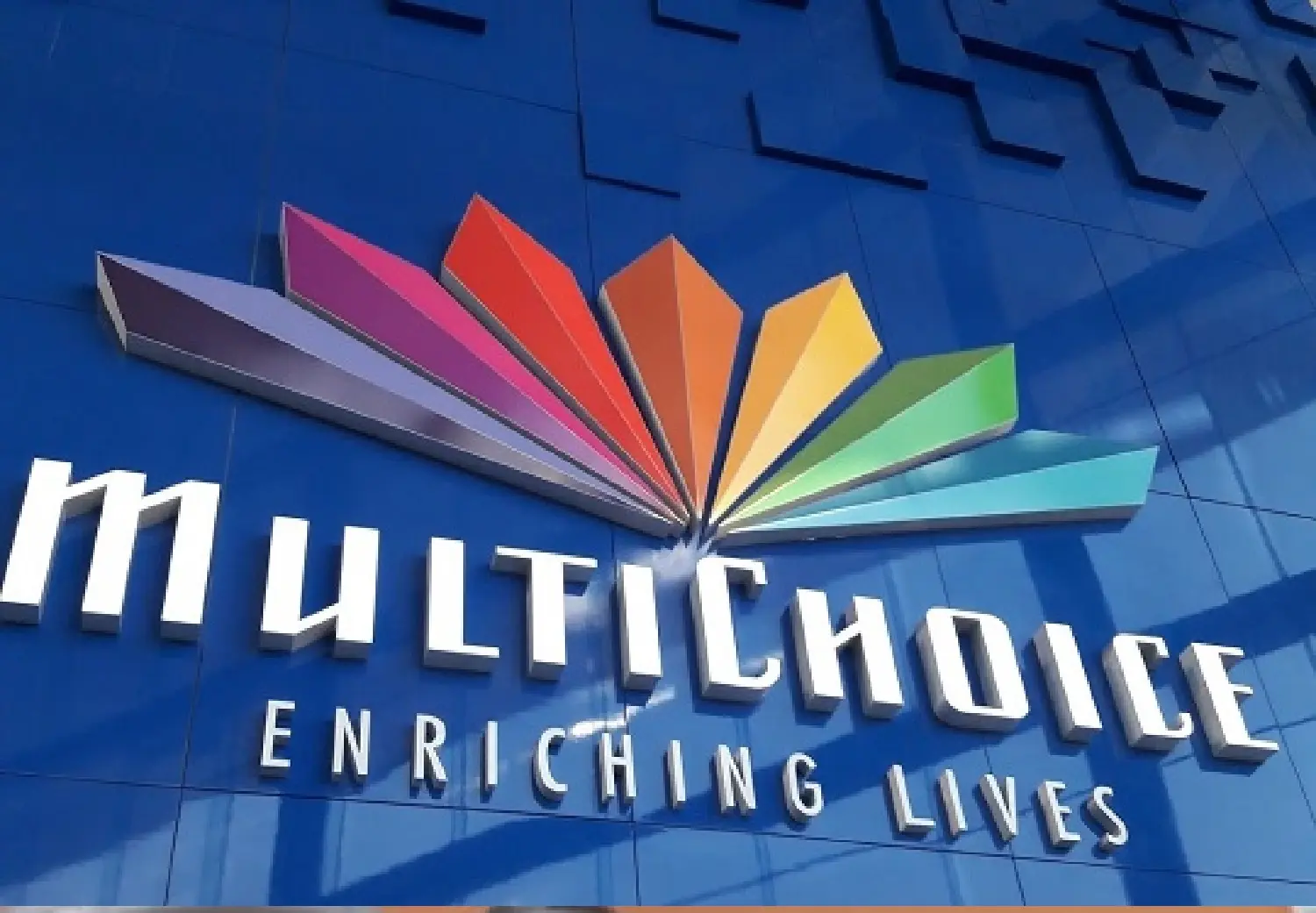Multichoice Group, a pay-TV operator, has reported that it repatriated $184 million (about N192.09 billion) from Nigeria during the fiscal year ending March 2024.
This was disclosed by Multichoice in its consolidated financial statements released on Wednesday for the period under review, according to The Punch
The financial report shows that the amount remitted was significantly higher than that of last year.
“The group remitted $184m from Nigeria during FY24 (FY23: USD132m) at an average rate of N1044:USD (FY23: NGN684:USD). In the process, it incurred remittance losses of $59m), compared to $132m in FY23, when there was a greater divergence between the official and parallel exchange rates.
“The group held $39m in cash in Nigeria at year-end, down from $104m at end FY23, a consequence of consistent focus on remitting cash and the impact of translating the balance at the weaker naira,” the report partly read.
Subscribers in Nigeria, Angola, Kenya, and Zambia fell by 13% this year, according to the group.
The depreciation of local currencies in those markets, including Kenya, had a 32% impact on the Group’s USD income.
South Africa, on the other hand, experienced only a 5% reduction due to a “strong focus on retention initiatives.”
Multichoice blamed the economy for the decline in subscriber base in Nigeria, one of its largest markets, saying, “The group’s 9% decline in active subscribers was mainly due to a 13% decline in the Rest of Africa business as mass-market customers in countries like Nigeria had to prioritize basic necessities over entertainment.
“FY24 presented the toughest set of macro-economic conditions for the Rest of Africa business since 2016. The official and parallel naira exchange rates reached peaks of N1600:1USD and N1900:USD respectively in February 2024, with several other African markets also experiencing extreme foreign exchange depreciation. This resulted in a translation impact for the segment’s USD revenues of 32 per cent. High double-digit inflation in many of the group’s core markets has led to immense pressure on customer spending power. This, combined with the benefit of the FIFA World Cup and Nigerian elections in the FY23 base, resulted in the active subscriber base falling by 1.2m to 8.1m at the end of FY24.”
Nigeria’s economic situation has deteriorated in recent years, with inflation continuing to rise and food inflation being high.
Analyzing further the impact of the tough economy, Multichoice said, “Subscriber growth is typically more muted in a year that follows the FIFA World Cup, but FY24 came in below trend as the subscriber base declined year on year in the face of a deteriorating macro and consumer environment.
“Despite the typical resilience of pay-TV in a downturn, many of our would-be customers cannot afford to consistently pay for our product or choose not to subscribe when power availability is unreliable.
“The group has largely focused on its 90-day subscriber metric since listing in to provide shareholders and market observers with a subscriber metric that looks through the monthly volatility in the subscriber base.”
According to Multichoice, its management is progressively managing the business based on active customers to maximize retention and engagement rates month after month in a low-growth market.
“As a result, the group is focusing and commenting on active subscribers rather than 90-day active subscribers but will continue to disclose both metrics for continuity,” it added.
Recall Multichoice recently increased its DStv and GOtv bouquet prices three times in the last year.
Which has sparked criticism from subscribers and the government.








